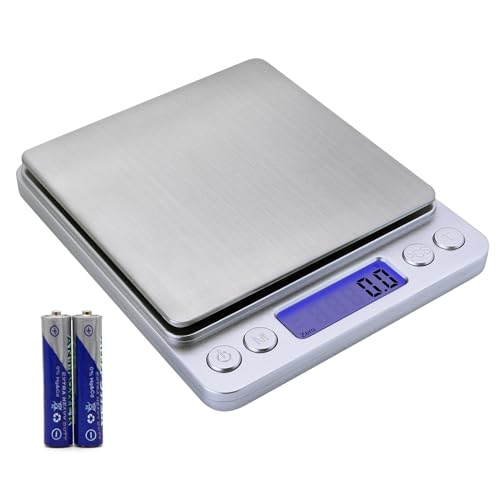penelopejane
Well-Known Member
I concur with TEG and would like to echo a sentiment from penelopejane...
If one is allergic to something in a soap recipe, one way of isolating it might be to start with the simplest recipes (a 100% CO bar with a high SF and a 100% OO bar) and see if there are any reactions to those... and if not then make a CO-OO bar with the next ingredient you want to test and so on.
The OO would be problematic since it takes so long to cure but you might be able to get a 100% OO bar from a friend who has a few extra.
The only reason people like to cure 100% OO soap is because it tends to be soft when used after a short cure. You will be able to use it and see if or if not you are allergic to or irritated by it after a short cure. It's just that it will be better after a long cure.










































